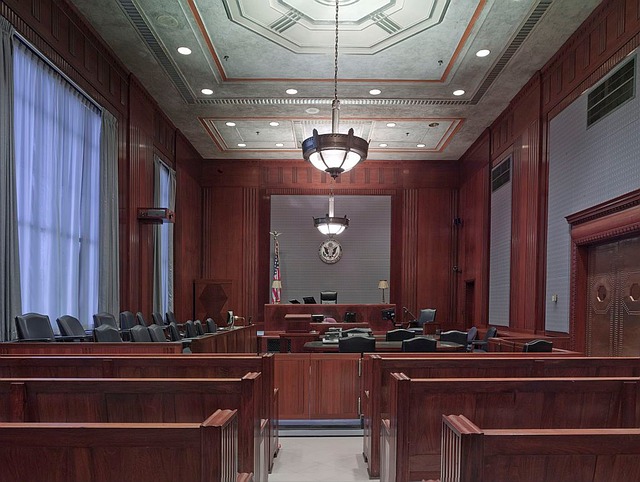Being subpoenaed in any capacity can be intimidating, but receiving a grand jury subpoena can indicate something much more serious is on the horizon. If served with these papers, it’s essential to proceed carefully. The following blog explores what you must know if you receive a subpoena and why it’s in your best interest to enlist the assistance of an OKC criminal defense lawyer from the Jones Firm as soon as possible.
What Is a Grand Jury Subpoena?
A grand jury is used during an indictment, in which a jury will decide whether or not the prosecution has enough evidence to move forward with a criminal case. This does not convict a person of criminal charges. It is important to note that grand juries are used for federal felony charges.
When you receive a subpoena, whether to testify in front of a jury or to produce documents about a case, you cannot refuse to comply. Generally, these are used to obtain information, whether through papers and files or the actual statements of the recipient.
If you receive a subpoena, the prosecution responsible for the investigation believes you have information relevant to the crime. In some instances, this could be because you are believed to be the target of the inquiry, meaning you will likely face charges. However, the prosecution may be unsure of whether you are criminally involved. If you are a witness, it is likely you are not involved but have information that can help the prosecution.
Generally, you will not know whether you are the target, subject, or witness of the subpoena. As such, you must proceed carefully.
I Received One. What Should I Do?
If you receive a subpoena, you should immediately contact an experienced attorney for further guidance. They may be able to work with the prosecution to obtain more information about your involvement in the investigation. Depending on the investigation, you may be the target, meaning you will likely face criminal charges. Even if you are believed to be a subject or witness, the prosecution may change course to charge you with a criminal offense. As such, it’s in your best interest to contact and retain legal representation as soon as possible.
Unless there is a valid legal reason for doing so, you must comply with the grand jury subpoena. If you do not show up or lie, you can face criminal charges. Similarly, if you are subpoenaed for documents or records, destroying them can result in an obstruction of justice charge.
In some circumstances, you may be able to plead the Fifth, which means you are invoking your Fifth Amendment right to remain silent. However, your attorney can better assess how to proceed.
At the Jones Firm, PLLC, we understand how jarring it can be to discover you may be at the center of a criminal investigation. Our team can help you determine the best course of action to take while working to protect you from criminal charges. Contact us today to learn more about how we will assist you.

